Results
-
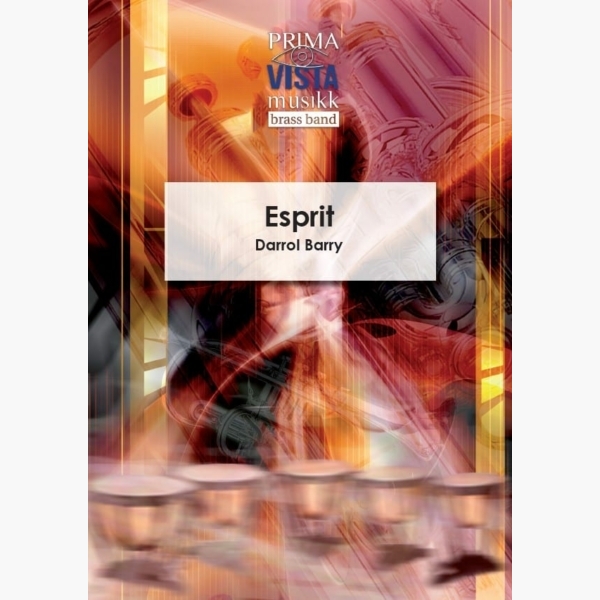 £64.95
£64.95Esprit - Darrol Barry
Esprit is a rhapsodic adventure for brass band and percussion. During its twelve minutes, features all soloists and sections of the band. After a vibrant opening the main melodic work is in the lower band accompanied by swirling cornets. The...
Estimated dispatch 5-7 working days
-
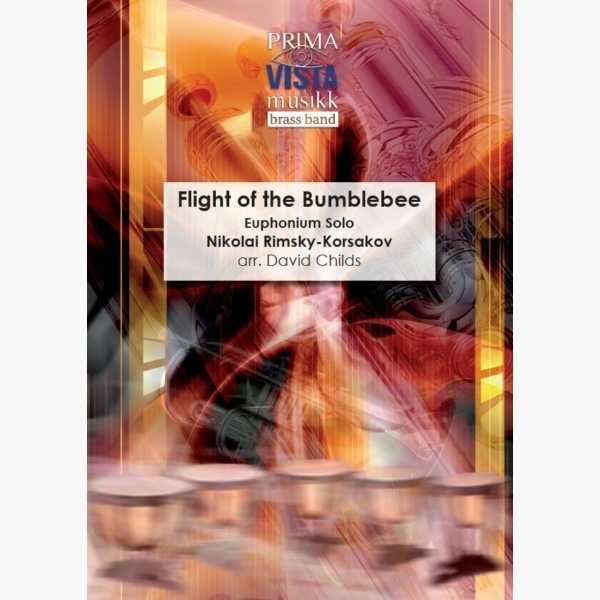 £24.95
£24.95Flight of the Bumblebee - Nikolai Rimsky-Korsakov - David Childs
Flight of the Bumblebee was originally composed by Rimsky-Korsakov as an orchestral interlude for his opera The Tale of Tsar Saltan (1899). The piece closes the first Tableau of Act III, right after the magic Swan-Bird gives Prince Gvidon Saltanovich...
Estimated dispatch 5-7 working days
-
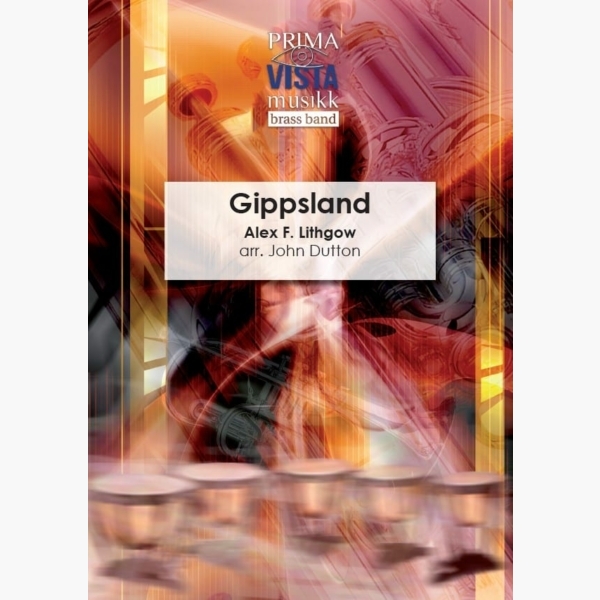 £24.95
£24.95Gippsland - Alex F Lithgow - John Dutton
Alexander Frame Lithgow (1870 - 1929) was a Scottish-born, New Zealand and Australian-based composer and bandleader, known as the "Sousa of the Antipodes". In 1876, the Lithgows emigrated to Invercargill, New Zealand. After initially having cornet lessons from his father,...
Estimated dispatch 5-7 working days
-
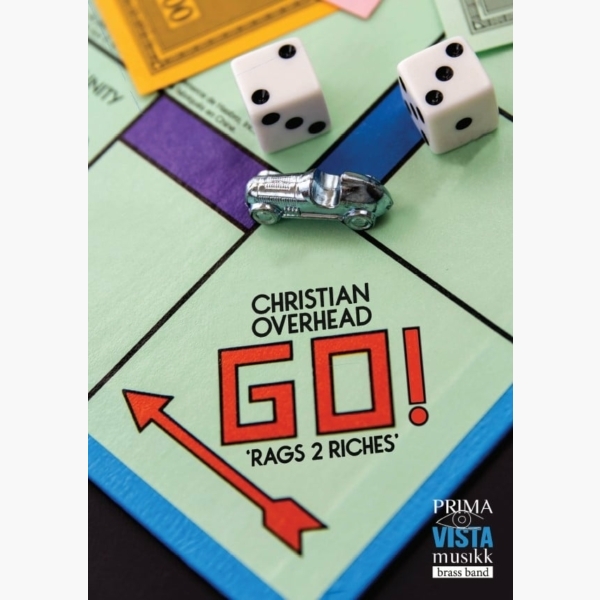 £34.95
£34.95Go! - Christian Overhead
Commissioned by The Flowers Band for their Brass in Concert and (winning) Butlins set, 'Go!' is an energetic opener originally written to depict the excitement and anticipation of sitting down to start everyone's favourite (and after a short while, least...
Estimated dispatch 5-7 working days
-
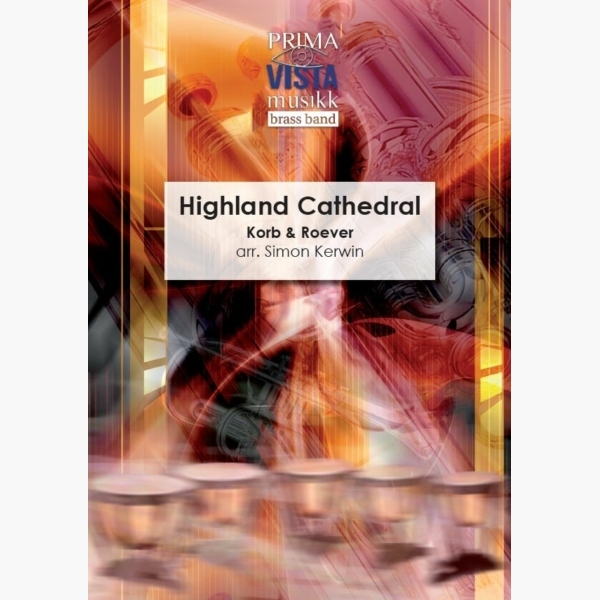 £29.95
£29.95Highland Cathedral - Ulrich Roever & Michael Korb - Simon Kerwin
This lovely melody was composed by two German musicians who tried to emulate the popularity of the famous Scottish tune 'Amazing Grace'. The piece was an instant success and achieved a substantial degree of popularity after it was featured in...
Estimated dispatch 5-7 working days
-
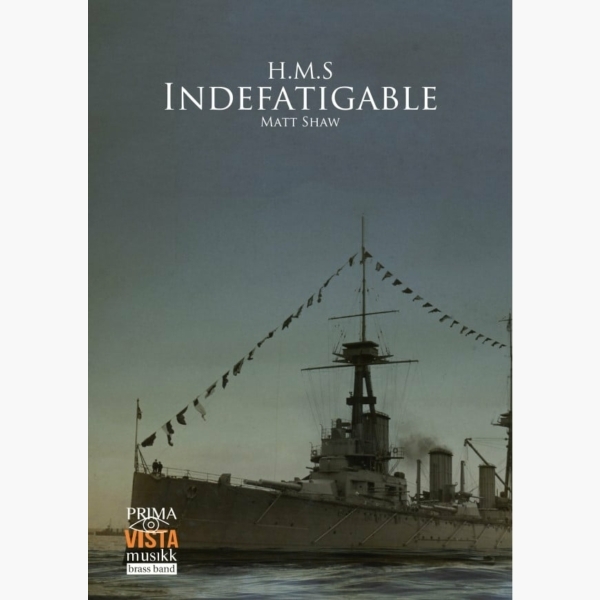 £34.95
£34.95HMS Indefatigable - Matt Shaw
HMS Indefatigable is a contest march, composed for the Virtuosi GUS Band, under the direction of Adam Cooke, and used as part of their programme for Brass in Concert in November 2016. The march is named after the battlecruiser HMS...
Estimated dispatch 5-7 working days
-
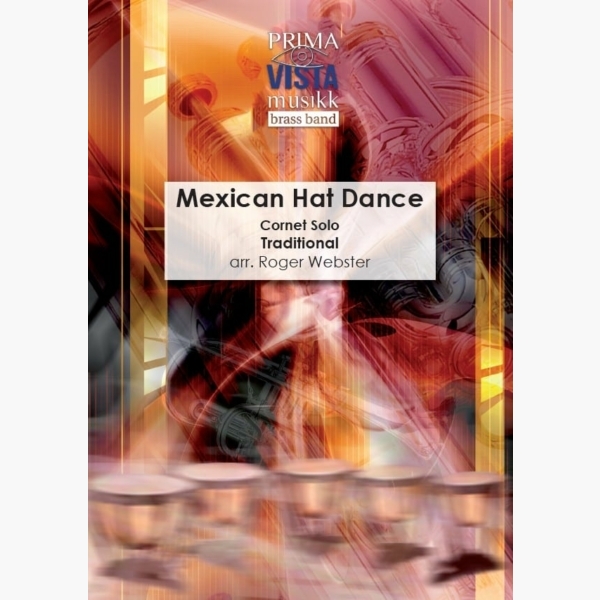 £24.95
£24.95Mexican Hat Dance - Traditional - Roger Webster
The widely acclaimed Mexican Hat Dance became so popular that at one point it was declared the national folk dance of Mexico. Its popularity is attributed to the great Russian ballerina Anna Pavlova. After a visit to Mexico in 1930,...
Estimated dispatch 5-7 working days
-
 £14.95
£14.95Poco Allegretto from Symphony no. 3 - Johannes Brahms - Denis Burton
Allegretto or Poco Allegretto to give it its complete title, is the third movement of Johannes Brahms' Third Symphony. The Third Symphony was completed in 1883, some six years after his Second and is considered by critics as one of...
Estimated dispatch 5-7 working days
-
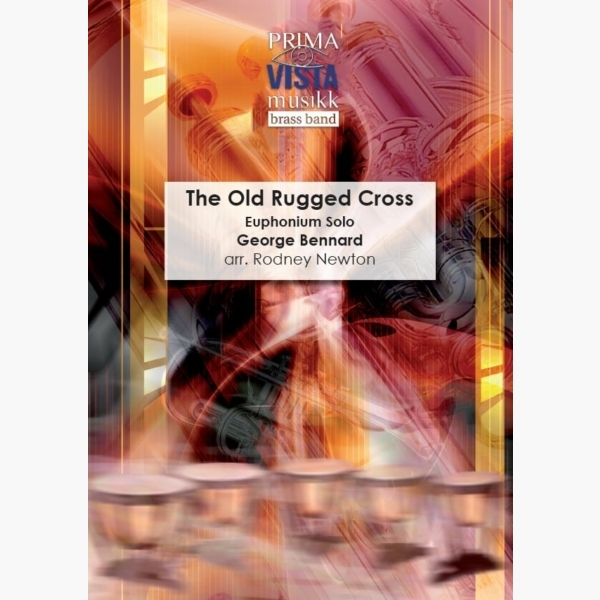 £24.95
£24.95The Old Rugged Cross - George Bennard - Rodney Newton
This popular American hymn has been arranged as a Euphonium Solo with Brass Band accompaniment by the Buy As You View Cory Band's Composer-in-Residence, Rodney Newton. After a short introduction, the soloist makes an initial statement of the melody. A...
Estimated dispatch 5-7 working days
-
£10.00
ISAIAH 40 (Brass Band Study Score) - Robert Redhead
Commissioned for the final of the 1996 National Brass Band Championships of Great Britain. The timeless truths contained in Isaiah 40 were written to encourage a people facing very intimidating circumstances. The Jewish people of the 5th Century BC were preparing to make an arduous journey though the desert to return to their ravaged homeland after a lengthy exile in the sophisticated society of Babylon. Both Scripture and music sound out a message of hope, as they view life from an eternal perspective, thus placing change in its proper context. Because 'the Lord is the everlasting God' his word 'stands forever' and 'those who hope in the Lord will renew their strength'. They will not merely get through somehow but 'they will soar on wings like eagles'.
Estimated dispatch 7-14 working days
